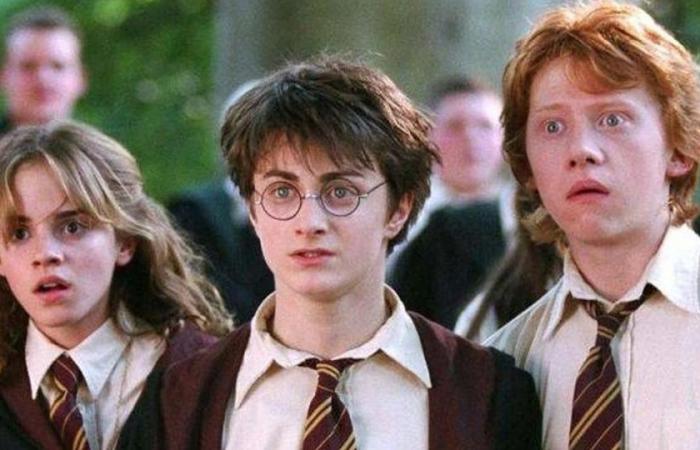
The cultural phenomenon of Harry Potter It is still valid with surprises that attract audiences of all ages. These youth sagas, who try to follow their legacy, seek to offer equally attractive universes for their audience eager for magic and adventures.
The influence of literature on modern cinema is not a recent phenomenon. However, the tendency to adapt youth book sagas to the big screen has gained relevance in recent decades. Of Harry Potter a The hunger gamesfranchises based on children’s and youth novels have managed to capture global audiences. The film adaptation of Harry Potter began this success wave, demonstrating that the world of Hogwarts It could transcend written pages and become a lasting cultural phenomenon.
From the premiere of the first film of Harry Potter In 2001, producers have understood the value of literary adaptations. This commercial approach has generated significant profits: the eight films of the saga raised more than $ 7.7 billion at the world box office. With this in mind, Hollywood executives constantly seek the next “great story” on book shelves, hoping to replicate Sagas’s success as The Hunger Games y Divergent.
From The Fault in Our Stars until Maze Runnerthe authors of youth fiction have seen their works to become box office successes. Although few franchises have matched the magnitude of Harry Potterthe practice of bringing youth books to the cinema is still valid, with development projects led by directors who understand how to attract the adolescent public through effective narratives.
The main challenge for new adaptations lies in balancing fidelity to the original novels with the innovation necessary for cinema. Success is not measured only in profits, but in the ability to culturally connect with young people looking for authentic characters and plots that inspire reflection on their reality.
Thanks to technological advances, recent adaptations such as Percy Jackson y The chronicles of Narnia They compete to capture public attention with shocking visual effects. These sagas, like Harry Potter, must transfer moral adventures and dilemmas to the screen that define their readers, seeking to leave a mark that fosters social dialogue. Its legacy depends on creators who prioritize the narrative on the immediate benefit, understanding that these stories redefine what means growing within the framework of youth fiction.
The announcement of new productions of Harry Potter For television it has generated expectation, reaffirming the validity of its universe. In an environment where other franchises try to emulate its success, the saga continues to expand its legacy, establishing standards that motivate the audiovisual industry to aspire to ambitious projects.





